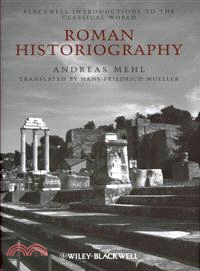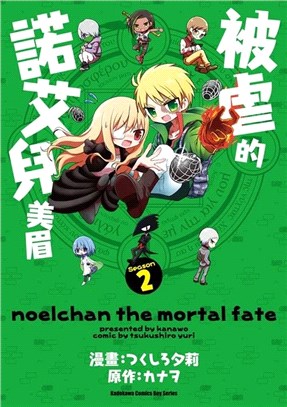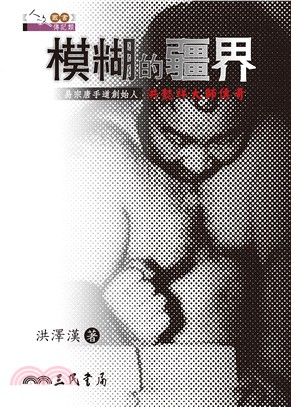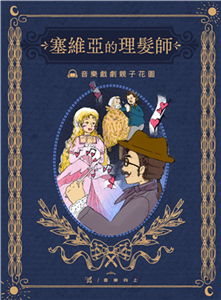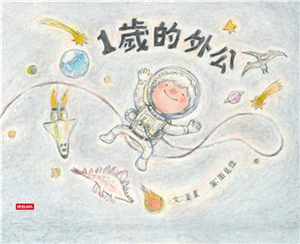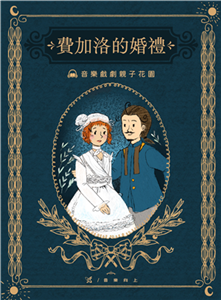Roman Historiography - An Introduction To Its Basic Aspects And Development
商品資訊
系列名:Blackwell Introductions to the Classical World
ISBN13:9781405121835
出版社:John Wiley & Sons Inc
作者:Mehl
出版日:2011/04/18
裝訂/頁數:精裝/302頁
規格:21.6cm*15.9cm*2.5cm (高/寬/厚)
商品簡介
- Provides an accessible survey of every historical writer of significance in the Roman world
- Traces the growth of Christian historiography under the influence of its pagan adversaries
- Offers valuable insight into current scholarly trends on Roman historiography
- Includes a user-friendly bibliography, catalog of authors and editions, and index
作者簡介
Hans-Friedrich Mueller is the William D. Williams Professor of Classics at Union College in Schenectady, New York. He is the author of Roman Religion in Valerius Maximus (2002) and the editor of an abridgment of Edward Gibbon’s Decline and Fall of the Roman Empire (2003).
目次
Introduction: The Importance of Ancient Historiography and the Purpose of this Book.
Chapter 1: Ancient Literature and Roman Historiography.
1.1 Roman Literature and its Relation to Greek Literature.
1.2 Roman Historiography and the City of Rome.
1.3 The Claims of Artistry and Truth in Ancient, especially Roman, Historiography.
1.3.1 Literary Artistry and Moral Preoccupations in Ancient Historiography.
1.3.2 "History is what Actually Happened" -- Ancient Historiography and the Modern Science of History.
Chapter 2: The Formation and Establishment of Tradition in the Ruling Class of the Early and Middle Roman Republic.
2.1 Family Histories and Clan Traditions.
2.2 The Annales Maximi and the Almanacs of Publius Mucius Scaevola.
Chapter 3: Early Roman Historiography: Self-Justification and Memory in earlier Annalistic Writing.
3.1 Early Annalistic Writing (I).
3.1.1 Quintus Fabius Pictor.
3.1.2 Later Authors (From Cincius Alimentus to Postumius Albinus).
3.2 Early Annalistic Writing (II).
3.2.1 Marcus Porcius Cato.
3.2.2 Other Authors (from Cassius Hemina to Sempronius Asellio).
3.3 Early Historical Epic in Rome (Naevius and Ennius).
Chapter 4: The Historiography of Rome between the Fronts of the Civil Wars.
4.1 Later Annalistic Writing: Optimates vs. Populares and Traditional Annalistic Writing vs. Contemporary History.
4.2 Autobiographies, Memoirs, Hypomnemata, Commentarii, and their Influence on the Historiography of Current Events.
4.2.1 Self-Representations until Cicero.
4.2.2 Caesar's Commentarii.
4.3 The History of Current Events to Order and Contemporary Concepts of Historiography (Cicero).
4.4 Biography (Cornelius Nepos).
4.5 The Experience of the Collapsing and Ruined Republic.
4.5.1 Gaius Sallustius Crispus.
4.5.2 Gaius Asinius Pollio.
4.6 Antiquarian Writings.
Chapter 5: Augustan Rome, Roman Empire, and other Peoples and Kingdoms.
5.1 Titus Livius: Roman History from Romulus to Augustus in its Entirety.
5.2 World History, the History of the World beyond Rome, and Roman History by Non-Romans and New Romans.
5.2.1 World History and Roman History (from Diodorus to Juba).
5.2.2 Dionysius of Halicarnassus: Early Rome and the Greeks.
5.2.3 Pompeius Trogus: World History round about Rome.
5.2.4 Universal Chronology (Castor and Dionysius).
Chapter 6: Imperial History and the History of Emperors -- Imperial History as the History of Emperors.
6.1 Empire and "Republic": Senatorial Historiography.
6.1.1 Gaius (?) Velleius Paterculus.
6.1.2 Authors of the Julio-Claudian and Flavian Period (from Cremutius Cordus to Pliny the Younger).
6.1.3 Publius (?) Cornelius Tacitus.
6.1.4 Lucius Cl(audius) Cassius Dio Cocceianus.
6.2 Rome and Foreign Peoples.
6.2.1 Josephus / Flavius Josephus: Jews and Others.
6.2.2 Appian of Alexandria: A Retrospective View of the Establishment of Rome's World Domination.
6.3 Imperial History as Imperial Biography.
6.3.1 Gaius Suetonius Tranquillus.
6.3.2 Marius Maximus and Herodian.
6.3.3 Historia Augusta / Scriptores Historiae Augustae.
6.4 Personal History and Biography in the High Empire beyond Roman Emperors.
6.4.1 Curtius Rufus and Arrian of Nicomedia: Histories of Alexander.
6.4.2 Plutarch of Chaeronea: Parallel Lives.
6.5 History in "Pocket-Size".
6.5.1 From the Epitome of Livy, the Epitome of Trogus, and Florus to Lucius Ampelius.
6.5.2 The Historical Epitomes of the Fourth Century A.D. (Aurelius Victor, Eutropius, Festus).
6.6 Exempla-Literature and Historical Understanding.
Chapter 7: Roman History and Universal History between Classical Religion ("Paganism") and Christianity.
7.1 Zosimus and his Predecessors: Classically Religious Historiography and Historical Interpretation in a Christian Age.
7.2 Ammianus Marcellinus: Indifferent to Religion?
7.3 Christian Historiography.
7.3.1 Church History (Eusebius and Rufinus).
7.3.2 From Classically Religious Chronography to Christian Universal Chronicle (Eusebius, Jerome, Sulpicius).
7.3.3 Orosius: Universal History through the Lens of Theology.
7.3.4 Procopius of Caesarea: The History of Current Events in Transition from Rome to Byzantium.
Chapter 8: Some Basic Principles of Ancient Historical Thought.
Chronological Table.
Select Bibliography
1. General Bibliography.
1.1 Editions, Translations, and Commentaries for the Historiographical and Biographical Works Treated in this Book.
1.2 Editions of Historiographical Works and Historical Epics in Greek and Latin that Survive only in Fragments.
1.3 Histories of Greek and Latin Literature, especially Historiography: Recent Surveys and Collections.
1.4 Ancient Historiography, especially Roman: its Basic Literary, Social, and Intellectual Contexts.
2. The Formation and Establishment of Tradition in the Ruling Class of the Early and Middle Roman Republic.
3. Early Roman Historiography: Self-Justification and Memory in Early Annalistic Writing.
4. The Historiography of Rome between the Fronts of the Civil Wars.
5. Augustan Rome, Roman Empire, and other Peoples and Kingdoms.
6. Imperial History and the History of Emperors -- Imperial History as the History of Emperors.
7. Roman History and Universal History between Classical Religion ("Paganism") and Christianity.
Index.
主題書展
更多書展今日66折
您曾經瀏覽過的商品
購物須知
外文書商品之書封,為出版社提供之樣本。實際出貨商品,以出版社所提供之現有版本為主。部份書籍,因出版社供應狀況特殊,匯率將依實際狀況做調整。
無庫存之商品,在您完成訂單程序之後,將以空運的方式為你下單調貨。為了縮短等待的時間,建議您將外文書與其他商品分開下單,以獲得最快的取貨速度,平均調貨時間為1~2個月。
為了保護您的權益,「三民網路書店」提供會員七日商品鑑賞期(收到商品為起始日)。
若要辦理退貨,請在商品鑑賞期內寄回,且商品必須是全新狀態與完整包裝(商品、附件、發票、隨貨贈品等)否則恕不接受退貨。

